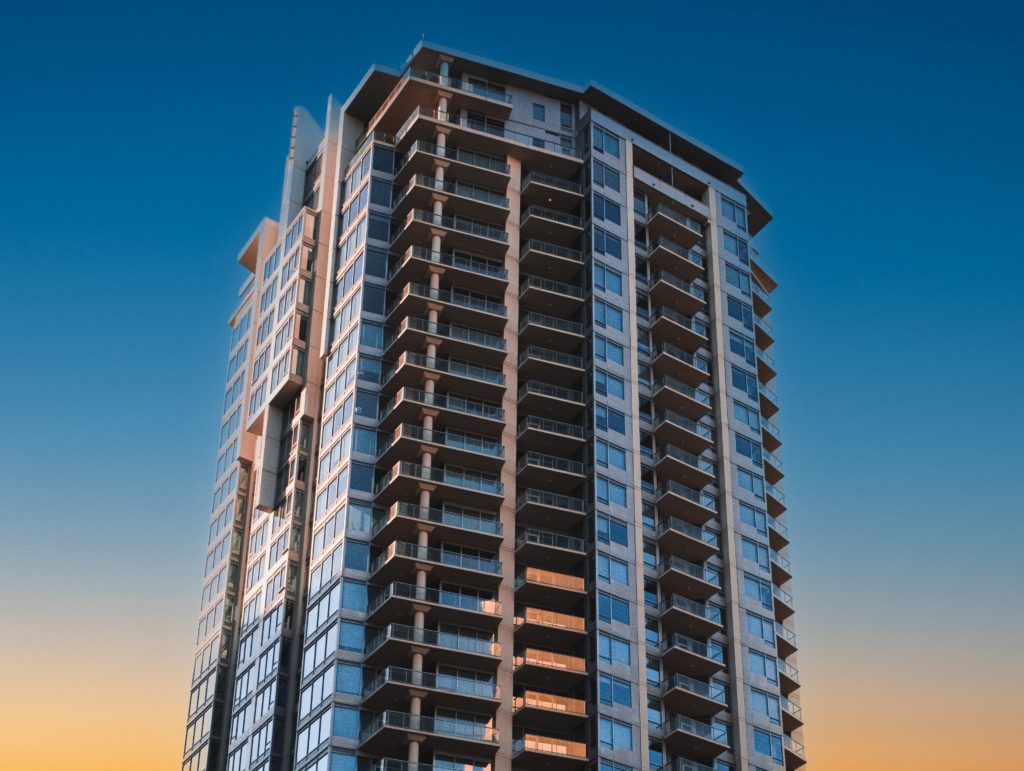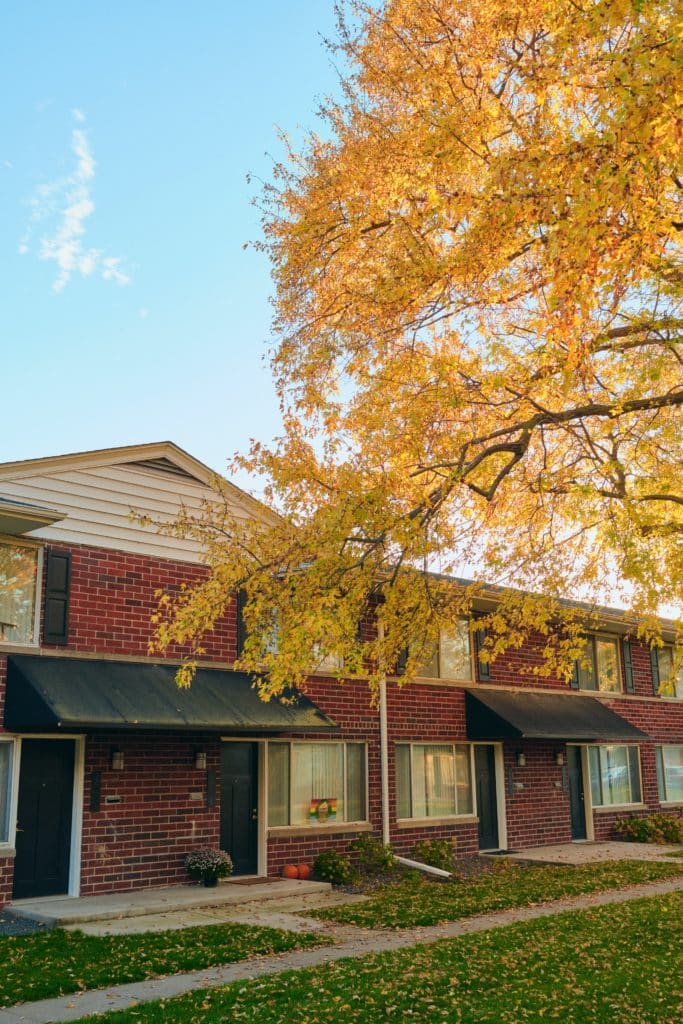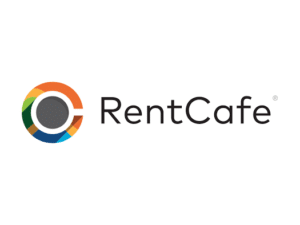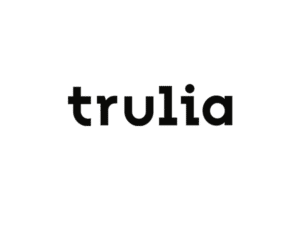
Selecting a Home in Greater Phoenix
Below is information on the types of housing available in Greater Phoenix, the process of securing a home through lease or purchase and how to set up essential utilities.
Types of Homes

Apartments
An apartment is individual unit within a larger building structure that is owned by a landlord, who rents the units to tenants. Typically an apartment requires a signed lease with additional application or deposit fees. Apartments usually include amenities like laundry, gym or pool.

Condos
Condos or condominiums, are apartment-like structures, with common amenities and multiple residents, but the units are owned individually. A condo is generally managed by a Homeowner Association and charges a fee to each homeowner for common area maintenance and sometimes utilities.

Townhomes
A townhome is a multiple-unit home with private entrances to the unit but is often attached to other homes. Sometimes this type of home is referred to as a townhouse. Townhomes are typically available for purchase, but you may rent this type of home from individual owners where available.

Single-Family Home
A single-family home shares no walls or property with surrounding residents. Typically, walls or fences separate the home and property from neighbors. This type of home is usually owned and the purchase includes both the building and land the building is located on. Similar to condos and townhomes, you may be able to lease a single-family home if the owner lists the property for rent.
Greater Phoenix Housing Costs
$450,000
median home purchase price.
The Cromford Report, 2024
$1,898
median monthly rental costs
Zillow Rental Manager, February 2024
Finding a Home
You may search for homes listed online or work with a real estate agent to find a home that fits your needs. Below are several websites you can use to search and find housing online.
Search to rent or buy
How to Rent an Apartment
Finding an apartment or other rental can typically be done online but you may chose to pay a professional relocation service or real estate agent if you find it more convenient. Greater Phoenix apartments do not typically require a real estate agent to facilitate the process.
Signing a Lease
Here are some key items to evaluate before signing a lease.
1 | Co-Signers
If your income is insufficient or you don’t have credit, you may need a co-signer on your loan.
2 | Utilities
Water, trash, sewer, internet/cable, electricity and gas may or may not be included in the rent.
3 | Security Deposit
Usually equal to two months of rent. This can vary, and is required upfront to sign the lease.
4 | Application & Screening
Application fees are common and are used on a credit background check or administration fees.
5 | Lease Duration
The minimum lease duration varies by complex.
6 | Paying Rent
Know the time and date when rent is due every month as well as the accepted payment methods.
7 | Subletting Bylaws
If you want to rent out your unit or have someone else take over your lease, you’ll need to know the subletting bylaws.
8 | Renters Insurance
Insurance that protects your apartment and belongings from damage or theft.
9 | Maintenance
Determine who is responsible for maintenance and how to submit a request.
10 | Furniture & Appliances
Some apartments come furnished, although most will not. Most apartments do provide appliances.
11 | Pet Policy
Policy on the number and type of pet can be limited.
Documents Required to Sign A Lease
- Photo ID
- Bank statement and/or proof of employment
- Blank check or bank account number
- Social Security Number
- Car registration (if you have a car)
- Letter of reference (if you have never rented or have a limited credit history)
- Move-in fee or security deposit
How to Purchase a Home
1 | Set a Budget
Usually based on how much money is saved, how much debt is owed, and current earning.
2 | Find a Realtor
A real estate agent will guide you through the home-buying process. They can help you find a lender, will search for homes that meet your needs, schedule home tours, manage paperwork and more.
3 | Select a Lender
You will need a good credit score to get the best mortgage rate. Ask for a pre-approval letter from the mortgage lender (often your bank) to prove to sellers that you have the financial resources to purchase a home.
4 | Documentation
Documentation is required to buy a house, similar to the documentation needed to sign a lease or open a bank account. Please check with the individual entity that you are working with.
5 | Explore Homes
Your realtor will find home and show you available homes. The realtor can also help you make a bid and close the deal if seller accepts.
6 | Put an Offer In
Once you have selected a home, you will put an offer in for the seller to review. If your offer is accepted, your realtor will guide you through necessary paperwork, inspections and down payment requirements for closing.
7 | Home Insurance
Consider buying homeowners insurance to cover unexpected property damage such as exterior or interior damage or loss of personal assets.
How to Set up Utilities
Online tools, such as inmyarea.com, can help verify the utility providers available for your new home.
Water, sewer and waste/trash service is usually provided by the city you reside in. Contact your city’s utility billing department to establish new account if your home does not have existing services.
Gas power is typically serviced by Southwest Gas, while electric is usually provided by APS or SRP, based on your location. You will need to set up accounts directly through the service provider.
Internet and TV cable is usually serviced by one of two company in Great Phoenix: Cox Communications or CenturyLink. Each provider offers cable television, internet and home phone services.








